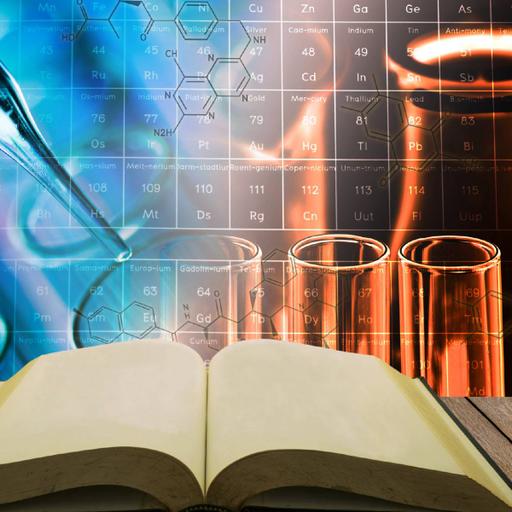History of Microbiology
Presentations | English
Microbiology is the research of all living organisms that are too minor to be noticeable to the naked eye. This comprises bacteria, viruses, fungi, protozoa and algae, which are collectively recognized as 'microbes. These microbes hold a fundamental part in nutrient cycling, biodegradation/bio deterioration, climate change, food spoilage, the cause and control of disease, and biotechnology. They have a considerable role in maintaining the natural world and its varied processes. Microbes are beneficial in making life-saving drugs, the manufacture of biofuels, sprucing up pollution, and producing/processing food and drink. Such organisms and their actions are crucially essential to approximately all functions on Earth. They matter because they influence every facet of human lives. While tracing the trails of Microbiology, one could identify that the presence of microorganisms was assumed for many centuries before its virtual discovery. The existence of unseen microbiological life was postulated by Jainism which is based on the schoolings of Mahavira during the 6th century BCE. Later, Persian scientists deduced the validity of microorganisms, such as Avicenna in the book The Canon of Medicine. The detailed description of the topic is given in the presentation.

Free
PPTX (70 Slides)
History of Microbiology
Presentations | English
